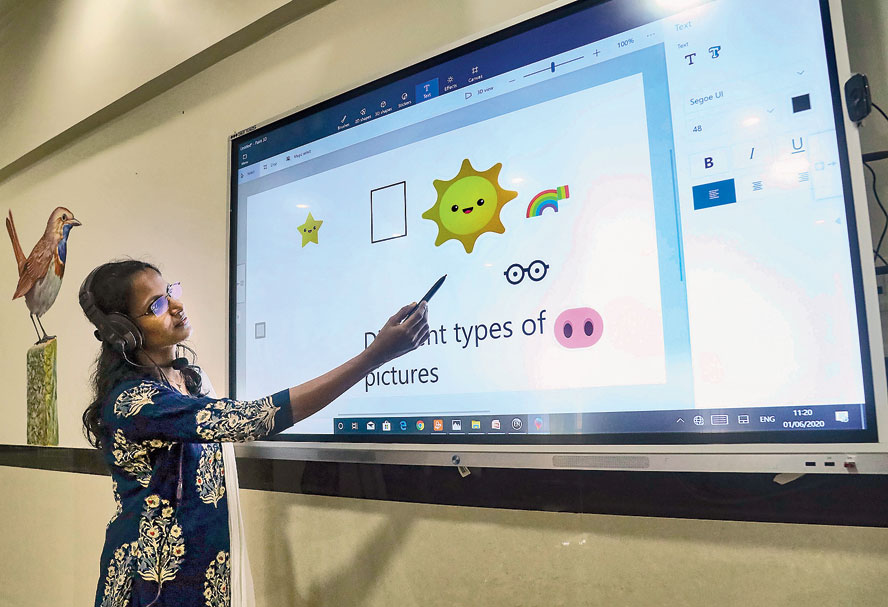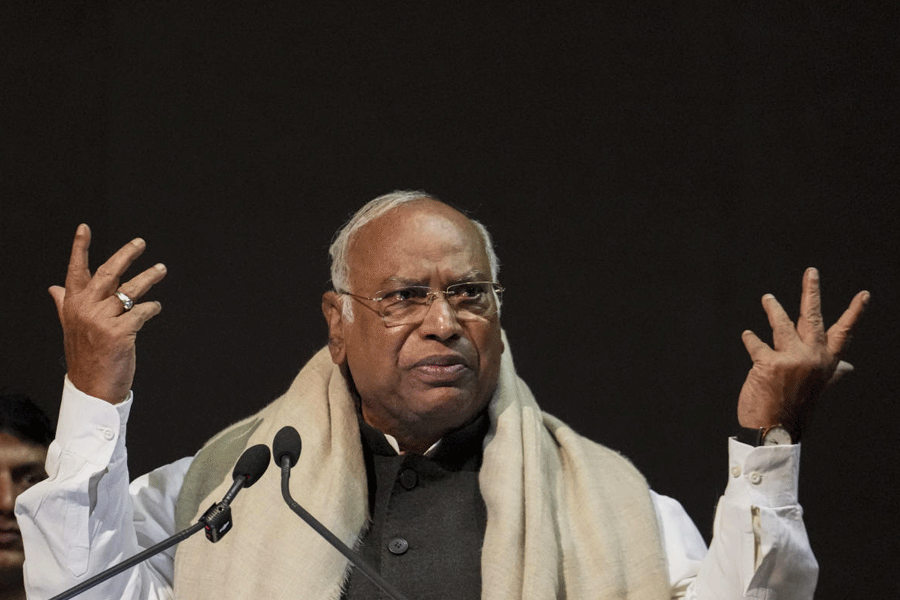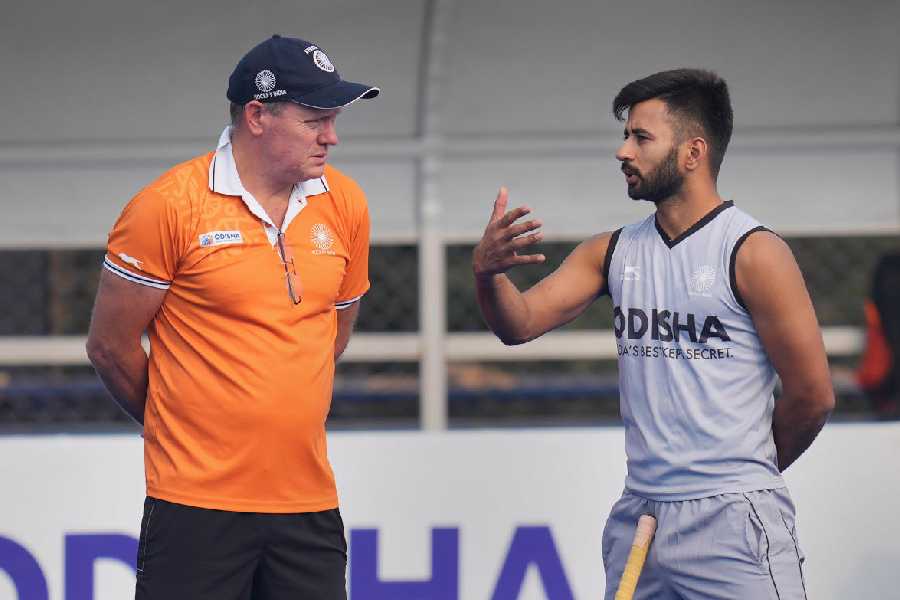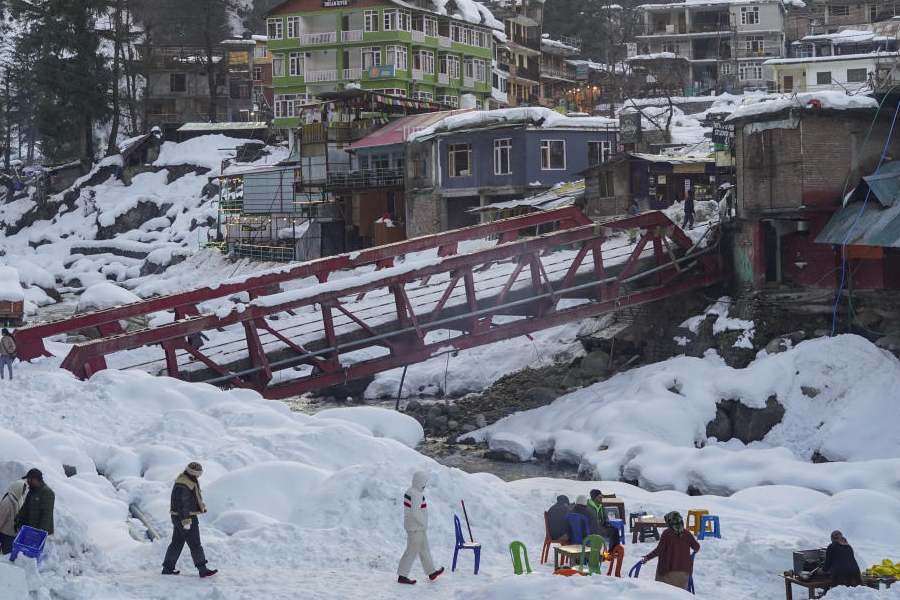JNU’s online classes have been witnessing an average of 40 per cent absenteeism, with the prime reason being students’ inability to access them because of poor Internet connectivity or the lack of gadgets, a survey has found.
The survey by two JNU professors, in which 131 of the 310 JNU teachers involved in online education participated, also saw more than 70 per cent of the teachers saying the classes were ineffective because they failed to offer the level of interaction the students needed.
University authorities, however, described the findings as “exaggerated” and appeared determined to continue with online classes and exams.
With the Covid-19 outbreak forcing classes to stop, most of JNU’s 8,800 students have gone home while a handful are still staying in the campus hostels.
The survey, “Digital (In)justice”, by professors Ayesha Kidwai and Atul Sood found more than 40 per cent absenteeism over the past three months.
University records show that a little over 40 per cent of the students are from families earning less that Rs 12,000 a month.
The BA students are finding it the hardest to access online education and about 60 per cent of them are not participating, the survey found.
It quoted data the JNU had submitted to the human resource development ministry in April, saying 35.6 per cent of its male students and 29.7 per cent of the female students were participating in online education. The varsity’s communication too cited issues with Internet connectivity, bandwidth stability and device availability.
The survey found that the absenteeism had other reasons, too, such as anxiety among the students and their need to take care of household chores.
More than 20 per cent of the teachers said that up to half the students in their classes were being troubled by anxiety over the looming online exams and the fear of being forced to lose a year.
The teachers complained the university had provided them no support with gadgets or training for what was a new mode of teaching for them.
Only about 24 per cent of the teachers — less than a fourth — have been able to conduct classes over videoconferencing software. Another 24 per cent are using WhatsApp or Messenger and 19 per cent are using email, which allows only one-to-one transactions — with the students unaware of the exchanges between their classmates and the teacher.
About 15 per cent teachers are using Internet calls and 10 per cent are using the course management system Moodle.
“Transmission of content through email or WhatsApp cannot be called online education, which has to be interactive,” Kidwai said.
Rajeev Kumar, a professor at JNU’s school of computer and system sciences, said the teachers needed to be given an orientation course on how to design online classes.
JNU wants the students to take their semester exams online. Registrar Pramod Kumar said those who cannot take online exams would have the option of “coming to the university and take the test when the situation is normal”.
“Those unable to access online education can get the material through email,” he said.
Kumar said that only 10 to 15 per cent of the students would be finding it difficult to access online classes and other students could not lose out because of them.
The HRD ministry is pushing online higher education. The University Grants Commission has decided to allow the top-ranked 100 universities, including JNU, to offer online courses even during normal, post-pandemic times.
But the JNU teachers say the survey has exposed shortcomings in the online education system — at least, as being mostly practised in India now — and cautioned the UGC against promoting it.
A teacher said that online education was deepening the inequality between the well-off and the poor that already existed in higher education. Promoting online education will also lower quality, she warned.











